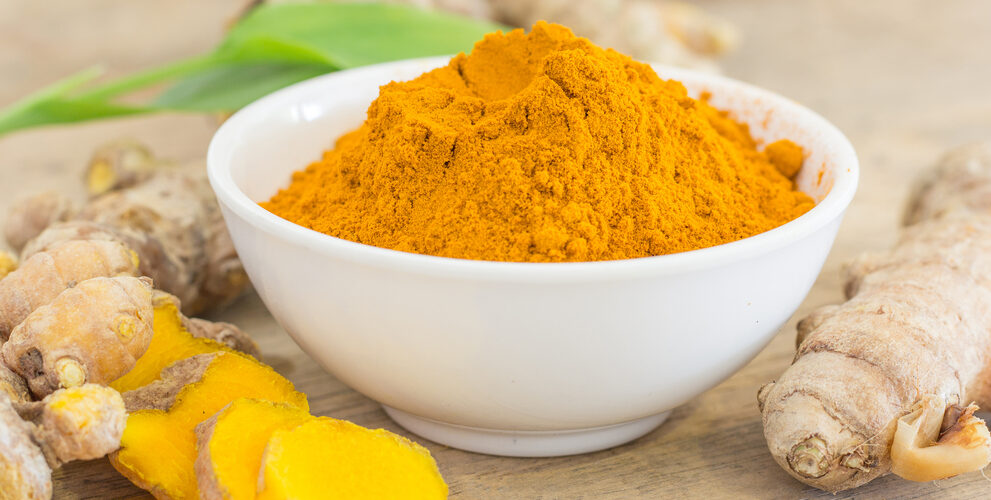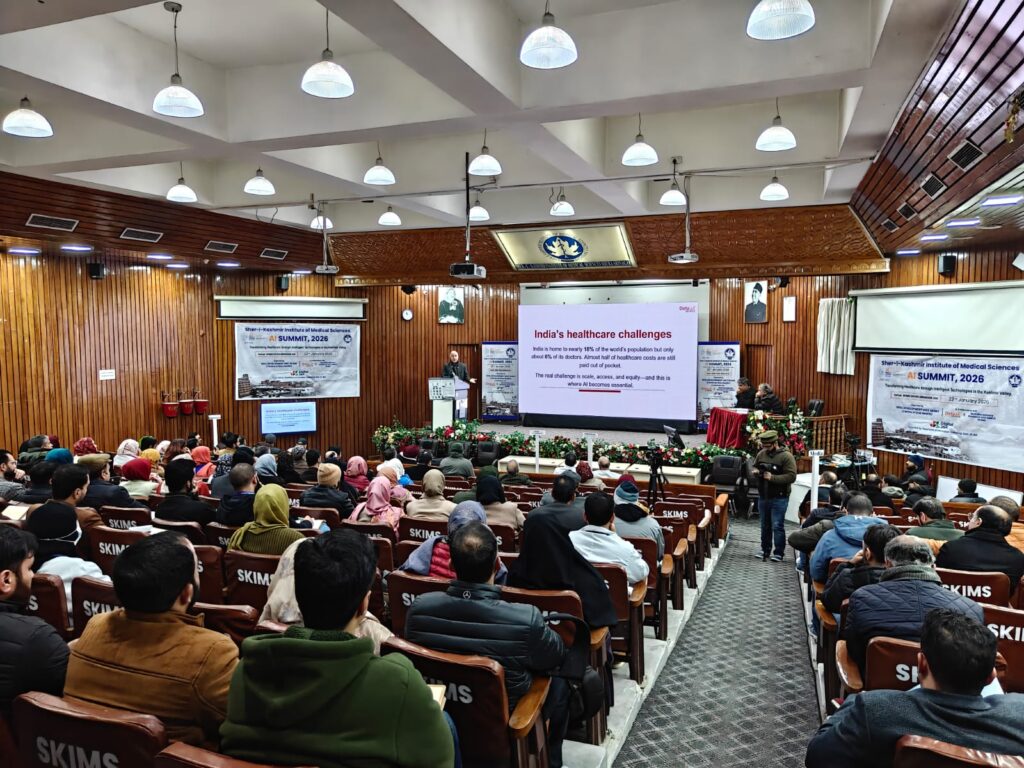Fact Check: Does turmeric cause cancer due to lead chromate adulteration?
It’s the golden spice hailed for its health benefits, but is turmeric really as safe as we think?
Author
Author
- admin / 8 months

- 0
- 3 min read

Author
CLAIM: Turmeric can lead to cancer because it contains lead chromate
FACT: Lead chromate’s carcinogenic properties make chronic exposure a concern, theoretically increasing cancer risk over time. However, the assertion that turmeric itself “causes cancer” is misleading, as it implies the spice is inherently dangerous. Proper sourcing and regulation can mitigate risks.
First Check came across an Instagram reel claiming that turmeric can cause cancer as it is stuffed with lead chromate, a yellow-colored chemical also used in paint and tyres.
“This is mixed with turmeric only to make it look shiny so that people buy it more,” the video claims, referring to a research that compared turmeric in Patna and Pakistan’s Peshawar and found that the amount of lead chromate in turmeric was 200 times more than the safe limits.
First Check looked at the study referred to in the video and other sources to determine the validity of the claim. The referenced study is published in Science of the Total Environment in 2024 and examines turmeric adulteration with lead chromate, a public health concern linked to lead poisoning globally.
Conducted across India, Pakistan, Sri Lanka, and Nepal, countries producing over 80% of the world’s turmeric, researchers collected 356 turmeric samples (180 dried roots, 176 powders) from 23 major cities between December 2020 and March 2021. A total of 51 samples (about 14% of samples) had detectable lead above 2 parts per million (ppm), a level indicating contamination.
In Patna, Karachi, and Peshawar, some samples had extremely high lead levels, over 1000 ppm. These levels could raise children’s blood lead to dangerous amounts, up to 10 times the safety threshold. The study urges action to stop this practice but doesn’t link it directly to cancer.
Turmeric adulteration a problem
The study also makes no mention of contamination levels 200 times above safe limits. While the study confirms the broader problem of turmeric adulteration with harmful dyes, it does not support the specific claims of cancer.
“Given the overwhelmingly elevated lead levels in turmeric from these locations, urgent action is needed to halt the practice of lead chromate addition in the turmeric supply chain,” the study notes.
Lead chromate’s carcinogenic properties make chronic exposure a concern, theoretically increasing cancer risk over time. However, the reel’s assertion that turmeric itself “causes cancer” is misleading, as it implies the spice is inherently dangerous.
Also read: Fact-check: Turmeric is not the magic pill for weight loss – First Check










